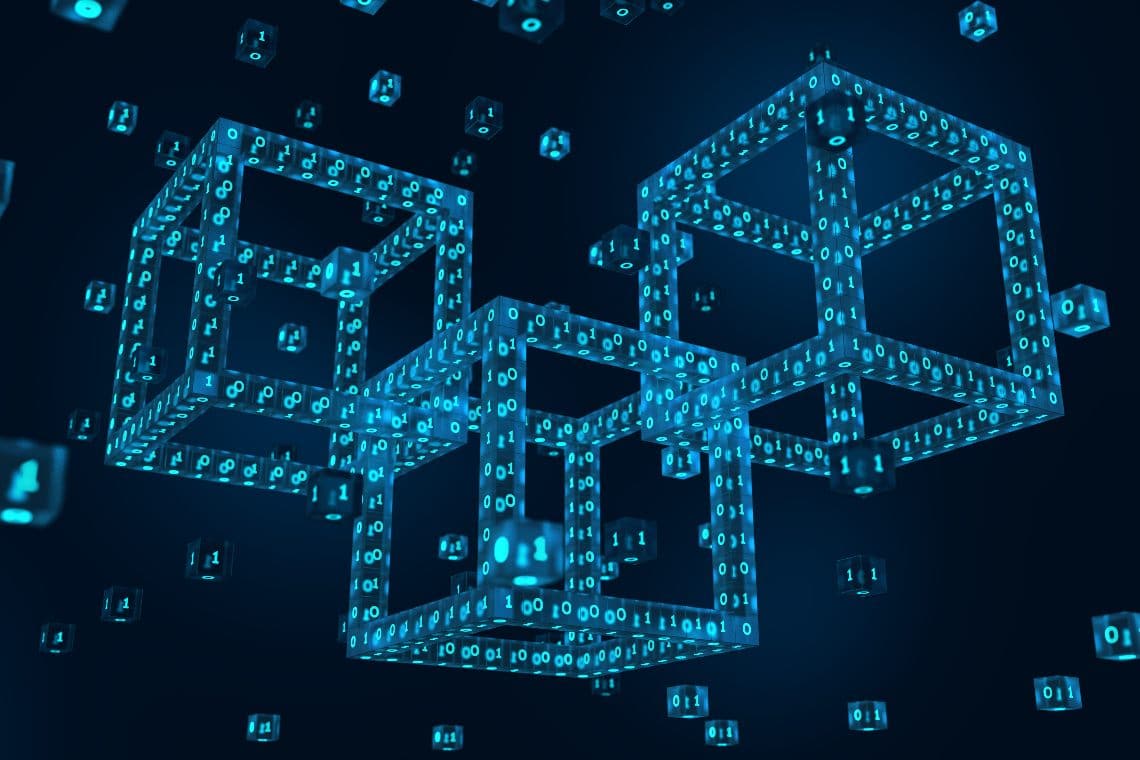DAOs, i.e. decentralized organizations, are one of the innovations made possible by the use of the blockchain.
They are made possible thanks to smart contracts that run on decentralized blockchains, because in order to allow the total absence of controllers or centralizers – i.e. those with more power than others – it is necessary to have a management system based on decentralized smart contracts, which are only possible on decentralized blockchains.
It is no coincidence that many DAOs have chosen Ethereum as their base platform.
For example, one of the areas in which the need for and usefulness of DAOs has emerged most strongly is DeFi, i.e. decentralized finance.
The basic concept is that real and complete decentralization makes it possible to perform trustless activities, i.e. activities that require no one to trust in order to be performed correctly.
In traditional centralized finance, this is never true, simply because it is not technically possible.
In fact, there is always the need to rely on some issuer, manager or controller, and when these operate ineffectively or incorrectly, or even maliciously in some cases, there is a risk that users may be misled, deceived, or even scammed.
Indeed, there are many cases in which dishonest or inappropriate financial operators have betrayed the trust of users and ended up damaging them.
Decentralized finance, on the other hand, wants to solve the problem upstream, i.e. by removing those in power who could lie or deceive once they have won users’ trust.
To do this, governance must not be entrusted to an arbitrary system, and since all systems based on human discretion do so, the solution identified is to completely remove the human factor from the governance infrastructure.
This can be achieved by creating governance infrastructures based exclusively on specially designed and built smart contracts that run on decentralized networks.
In fact, in a truly decentralized network, there are no subjects with greater authority, able to arbitrarily impose their will on others, or to modify the rules at will, or to impose or censor the behaviour of other users.
DAOs, governance and voting in decentralized organizations
DAOs are decentralized, trustless governance infrastructures based on public smart contracts that impose rigid rules, known to all, that cannot be changed.
If these smart contracts are implemented correctly, they create a governance infrastructure based on fixed and known rules, within which all users start with the same privileges.
No one, not even those who created the DAO itself, has greater privileges than other participants, or the power to impose changes or governance actions in an arbitrary and unilateral manner.
Depending on the rules on which it is based, each individual DAO has its own internal voting system that allows changes or measures to be taken by majority vote.
Moreover, as they are decentralized, they are also anonymous and censorship-resistant, therefore without any type of barrier to entry. At most, they may include special requirements for participation in the vote, but always internal to the DAO itself.
To tell the truth, until now probably only a small portion of the enormous potential that DAOs could express has been experimented with, as it is only a few years ago that they started to be used as a decentralized governance system.
Moreover, outside of DeFi, they are still not very common, except for the governance systems of decentralized blockchain-based projects, such as Cardano or Tron.
However, it should be pointed out that reality is often more complex than theory, and projects that appear to be decentralized might actually not be.
In fact, it has already happened that alleged DAOs proved to be only partially decentralized systems, within which there were actually individual actors with more power. There is still a long way to go in this field and a few mishaps are inevitable.




